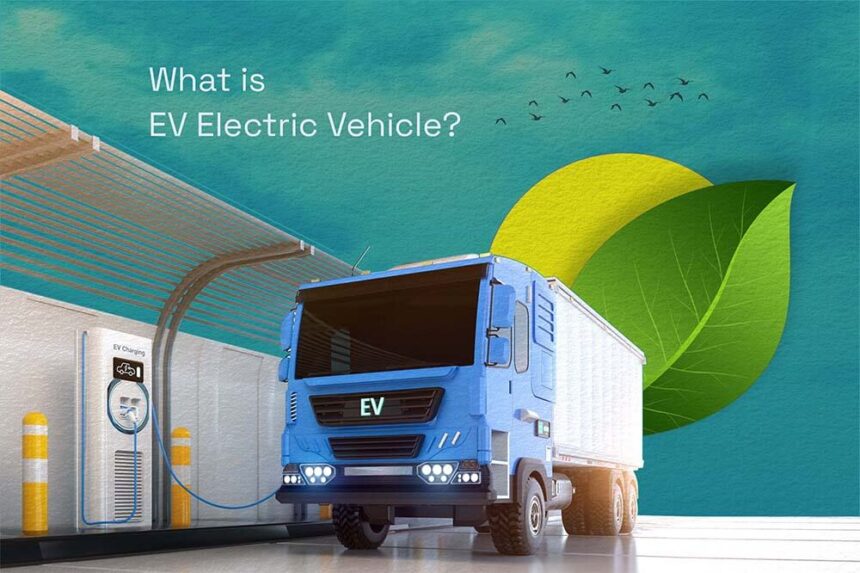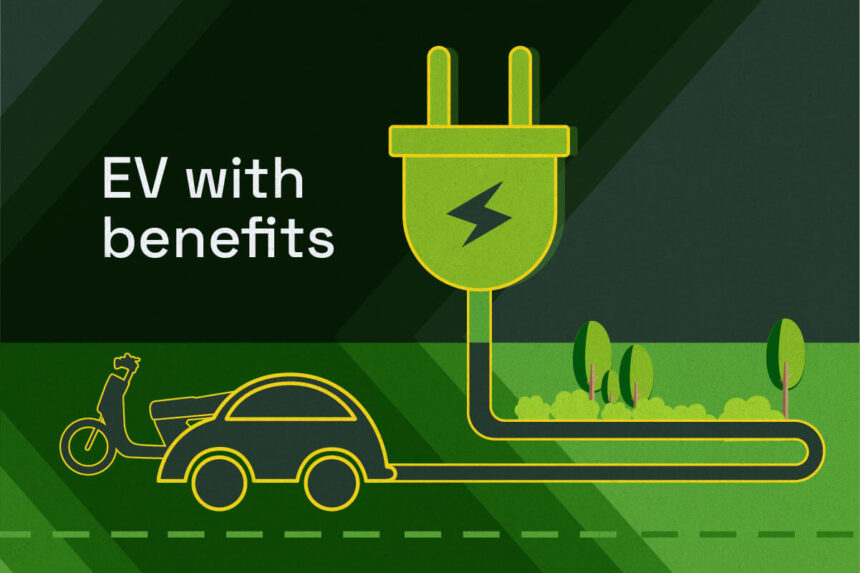Community solar projects are becoming more and more popular as India works to meet its targets for renewable energy. They empower people and encourage the use of sustainable energy sources. By facilitating community collaboration and investment in solar energy projects these initiatives increase the accessibility and affordability of renewable energy for all. This piece examines community solar projects advantages in India their mechanisms and how they might completely alter the countrys energy system.
What is Solar Community?
A single solar energy project can benefit numerous participants when it is implemented as community solar also referred to as shared solar or solar gardens. Community solar initiatives usually involve large-scale installations in a central location like a vacant lot a school or a commercial rooftop as opposed to the installation of solar panels on individual rooftops. In a community solar program participants buy or lease a portion of the solar panels and the amount of energy their portion produces is credited toward their electricity bills.
Community solar benefits in India.
Both inclusivity and accessibility. Accessibility is perhaps the biggest benefit of community solar. Single solar installations can be difficult in a nation like India where a large number of customers reside in rural or urban apartments with little resources. Through community solar projects these customers can obtain renewable energy without having to install it on their own. This inclusiveness guarantees that a wider spectrum of individuals can take part in the shift to sustainable energy.
Savings on costs. Participant costs are frequently reduced by community solar projects. Communities can lower the total cost of solar installations by utilizing economies of scale that result from pooling resources. Through the credits they receive for their portion of the solar energy produced participants can also enjoy lower electricity bills. Because of these financial advantages renewable energy is now more accessible and has the potential to drastically lower household energy bills which is especially advantageous in areas with high energy costs.
Influence on the environment. Indian communities can pool their resources to purchase community solar which will help them cut their carbon footprints and fight global warming. Without producing greenhouse gases solar energy is a clean renewable resource for electricity generation. Customers can assist in the shift to a sustainable energy system and lessen dependency on fossil fuels by taking part in community solar projects which is essential for Indias environmental objectives.
How Indian Community Solar Is Operated.
Plan of Subscription. A share of the solar energy produced by the project is subscribed to by participants in a subscription-based community solar model. They receive credits on their electricity bills based on the quantity of energy their share generates and they pay a monthly fee for their subscription. An appealing alternative for many Indian homes this model enables participants to take advantage of solar energy without having to pay for solar panels up front.
The Ownership Model. In an ownership-based model each participant buys a portion of the community solar projects solar panels. In exchange for the energy generated by their portion of the solar installation they receive credits on their electricity bills and pay an upfront cost for their share. If you have the money to buy a share this model can be a desirable investment because it offers long-term savings.
Virtual net metering (VNM) is a billing arrangement that enables participants in community solar projects in India to receive credits on their electricity bills for the energy generated by their share of the solar project. Even if they are not physically attached to the solar installation VNM makes it possible to share the advantages of solar energy among several people. This agreement guarantees that everyone involved can profit monetarily from renewable energy. Indian Community Solar Initiatives That Are Successful. This cooperative approach to renewable energy has potential as evidenced by a number of successful community solar projects in India.
The Delhi government has implemented a solar policy that facilitates the participation of residents in apartment buildings and housing societies in solar energy projects by encouraging group net metering and community solar projects. By serving as a model for other urban areas this initiative has increased the citys adoption of solar power.
Rooftop Solar in Cochin: A community solar project was started in Cochin Kerala where building owners collaborated to put solar panels on their rooftops. This project established a precedent for other housing societies in the area and lowered electricity bills for all participants.
Solar Micro-Grids in Rural India: In India’s rural areas groups such as SELCO India are installing solar micro-grids to supply dependable sustainable energy to homes that were previously without access to the grid. These initiatives uplift rural communities enhance their standard of living and promote sustainable development.
The Indian Community Solar Projects Future. Indias shift to renewable energy is expected to be greatly aided by community solar projects. These projects will become more feasible and consumer-friendly as costs continue to drop and technology advances. By enacting supportive legislation offering financial incentives and assisting in the development of shared solar projects governments and utilities can promote the expansion of community solar.
Conclusion
Community solar initiatives have the potential to generate substantial environmental and economic benefits by enabling consumers to work together and invest in renewable energy. With the cooperation of more Indian communities we can harness solar energy and build a more resilient equitable and sustainable energy future for all.






